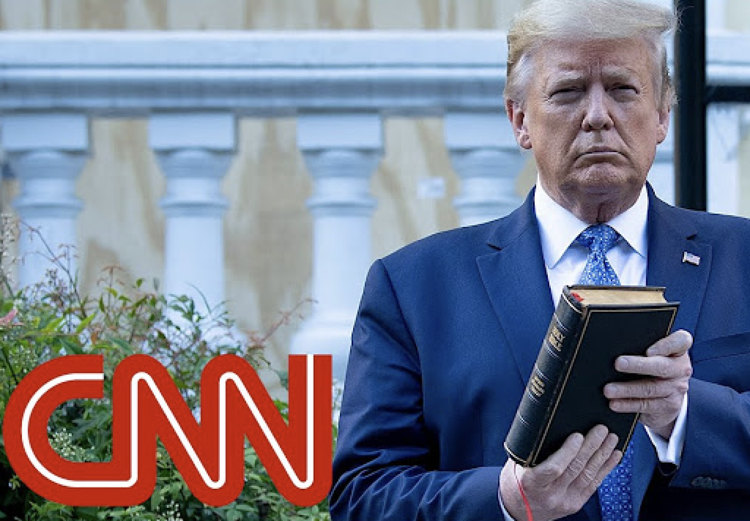Last week, the Supreme Court turned down a very interesting case that has gotten comparatively little media coverage outside the Pacific Northwest, which is where it originated. It was Woods v. Seattle’s Union Gospel Mission (UGM) and it’s an important milestone in allowing gay employees to be employed at evangelical Christian organizations.
I wish the high court had taken the case, as it would have gone a long way toward explaining if all employees at religious organizations are counted as “ministers,” or only the ones with spiritual-sounding titles.
It’s a battle that’s going to keep on being fought and I’m guessing that leaders at evangelical and Catholic groups are not taking the Court’s silence on this case as good news.
The Seattle Times’ account of the Court’s rejection is below, although I would’ve liked to have seen a more balanced headline than: “U.S. Supreme Court won’t hear Seattle’s Union Gospel Mission’s anti-LGBTQ+ hiring policies case.” The kind of gives you an idea of where the article is going, doesn’t it?
Assuming the Times reporters did read some of the arguments from UGM, they would have known the subject was not just some anti-gay organization, but that UGM also had problems with this employee’s lack of clear Christian commitment.
The U.S. Supreme Court announced … that it will not review a case involving Seattle’s Union Gospel Mission, which was sued in 2017 over its anti-LGBTQ+ hiring policy after it declined to hire a bisexual lawyer who applied for a job.
Justice Samuel Alito and Justice Clarence Thomas agreed with the decision not to hear the case at this stage. But according to The Associated Press, they said that “the day may soon come” when the court needs to confront the issue the case presents.
The Seattle-based Christian organization filed a petition in August 2021, asking the Supreme Court to decide a case in which the Washington Supreme Court ruled in favor of the plaintiff, attorney Matt Woods, in March 2021.
I covered this in December for Newsweek (of course it helps that I live driving distance from UGM’s headquarters), and believe me, UGM helps the folks who no one else wants to help.










